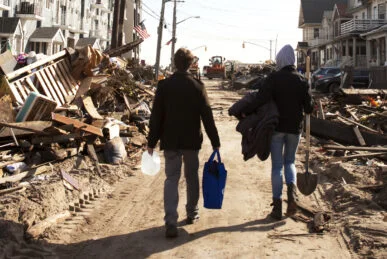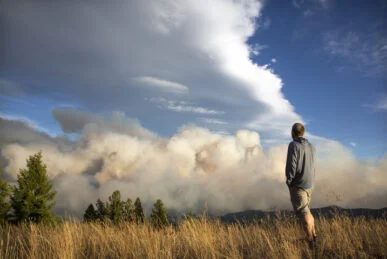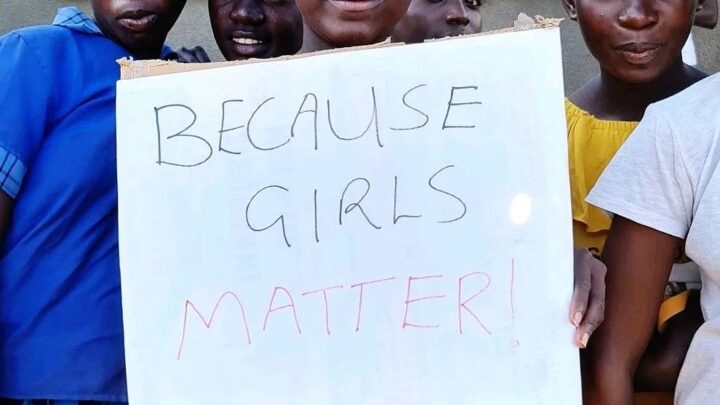The Empowerment Initiative for Rural Women and Adolescents (EIRWA) is a grassroots, community-based organization that aims to create an inclusive environment for rural women and girls to achieve their dreams and become agents of change. EIRWA’s programming focuses on education, health, and economic empowerment. Through targeted community-driven initiatives, EIRWA equips women and girls with the knowledge, skills, and resources needed to overcome barriers and transform their lives. Since its founding, EIRWA has impacted over 5,000 women and girls in Rufunsa, Zambia, through programs focused on education, sexual and reproductive health (SRHR), entrepreneurship, advocacy and awareness, and agricultural projects.
In rural areas of Zambia, adolescent girls and young women encounter a number of challenges that impede their growth, well-being, and potential. First, inadequate literacy skills pose a significant challenge for women and girls. Limited literacy skills limit girls’ ability to access information, continue their education, and make informed decisions. Digital illiteracy has also become an additional barrier which contributes to secondary status for women and girls in Zambia. Lack of digital skills restricts access to online education, job opportunities, and knowledge. Finally, limited access to SRHR education is another pressing challenge in rural Zambia. Girls often do not have access to accurate information about their own bodies, reproductive health, and related information, putting them at risk of early pregnancies, sexually transmitted infections, and other health complications. EIRWA aims to address these related, interconnected problems through its “Girls Can” project.
The “Girls Can” project is an innovative approach to directly address the challenges many girls face in rural Zambia. Girls Can is designed to provide multifaceted solutions that empower girls with SRHR education as well as digital and literacy skills. The program’s curriculum includes age-appropriate lessons on topics such as puberty, reproductive health, and family planning. “Girls Can” also includes a literary component which provides tailored support to enhance reading, writing, and critical thinking skills of adolescent girls. EIRWA will also offer digital skills training in which participants will learn skills, such as research, filtering through online content, and online safety. The project aims to reach 40 girls between the ages of 10 and 19 in its initial phase as well as 50 community members (parents and guardians of the girls). Following the initial phase, EIRWA aims to reach 200 community members through community engagement meetings.
By equipping girls with essential life, literacy, and digital skills, the project will empower girls to assert their rights and find their voice to participate in decision-making processes. Furthermore, improved access to comprehensive SRHR education will enable girls and young women to make informed decisions about their health, leading to improved sexual and reproductive health as well as reducing the risks of early pregnancies. Finally, the project’s literacy and digital education component will enhance educational opportunities for girls and young women as they gain access to vital skills needed to continue their learning and pursue higher education or employment opportunities.
As girls gain these critical skills, they become more confident and often are agents of change within their communities. Consequently, these girls are more active in community development initiatives and are strong advocates for gender equality, inspiring other community members to recognize the rights and capabilities of girls and young women.
See more projects: Africa, Southern Africa, Leadership & Life Skills Development, Sexual & Reproductive Health & Rights, STEM



